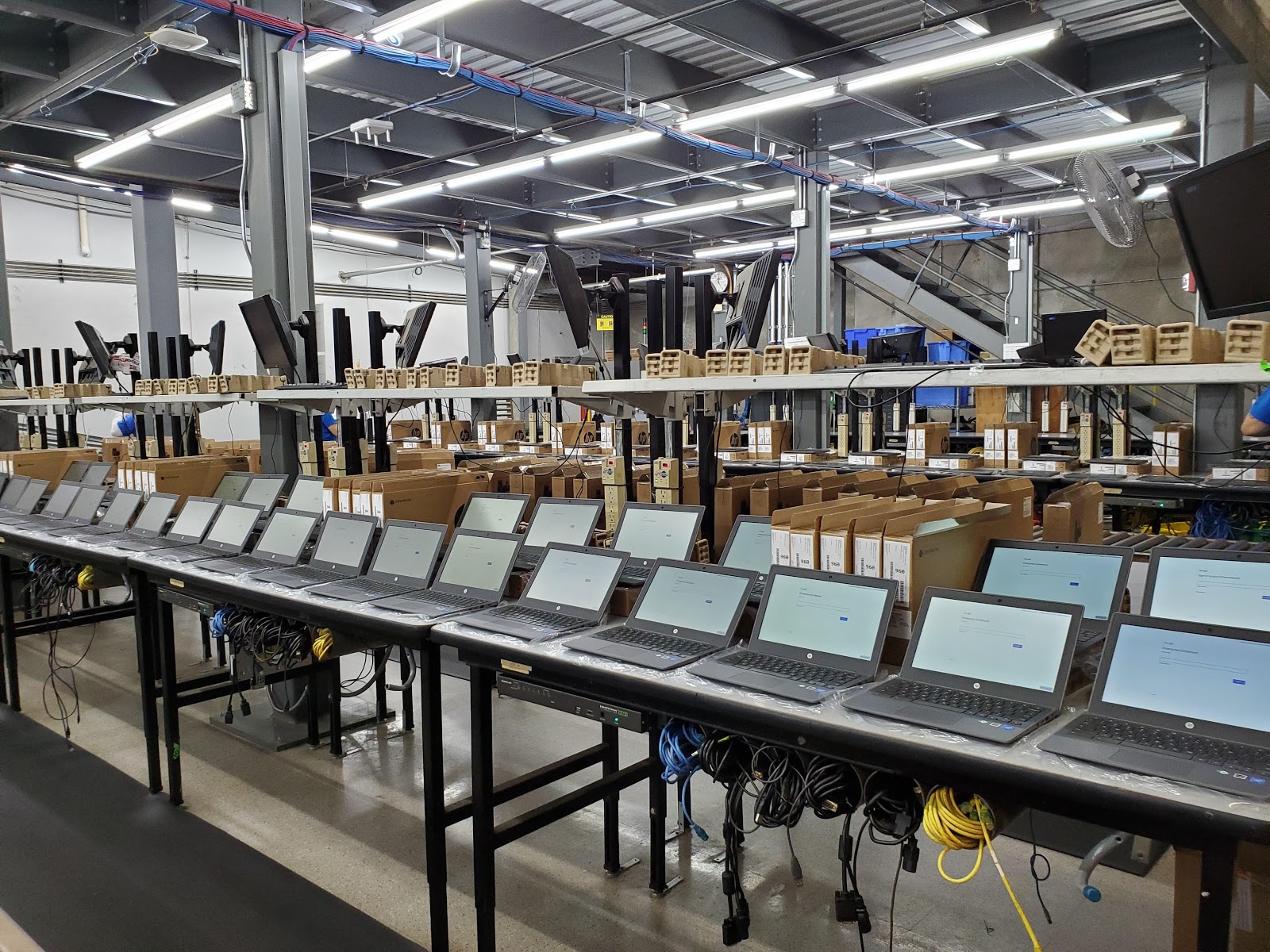Chiefs for Change CEO Mike Magee today released the following statement about the Infrastructure Investment and Jobs Act.
“The Infrastructure Investment and Jobs Act, signed into law today, contains critical funding to expand broadband. We are grateful to President Biden and Congress for including in the measure $65 billion for affordable high-speed internet.
As our chiefs have said repeatedly, the digital divide is too great a problem for schools to solve on their own. Nearly 17 million children in this country do not have sustainable access to high-speed internet. The problem disproportionately affects children of color, those from low-income families, and students who were already behind in their learning. All children have a fundamental right to a high-quality education. We deny them that right when they don’t have the internet and adequate technology.
The pandemic has made obvious to the broader public what those in education have long known: People need the internet to function in today’s world. Over the last two years, our chiefs have aggressively advocated for additional funding for broadband and have worked tirelessly to get families connected in their local communities. From leveraging dark fiber cables that allow students to link to their schools’ network from home; to providing over-the-air internet using transmitter/receivers on campus rooftops; to developing partnerships that will blanket entire neighborhoods with free Wi-Fi; to working with SpaceX to beam broadband from satellites in outer space—our members are treating the internet as the essential public utility it is.
We have always said that educators should not have to bear the immense burden of getting thousands upon thousands of their students a home internet connection. Our chiefs have called on the federal government to #SendTheSignal—and to deliver funding to repair and modernize America’s schools. We hope to see additional resources for school infrastructure included in future legislation. Today’s action, however, is an important step in closing the digital divide. It will help to ensure that all students can access the wealth of information they need to succeed in our 21st-century world.”
